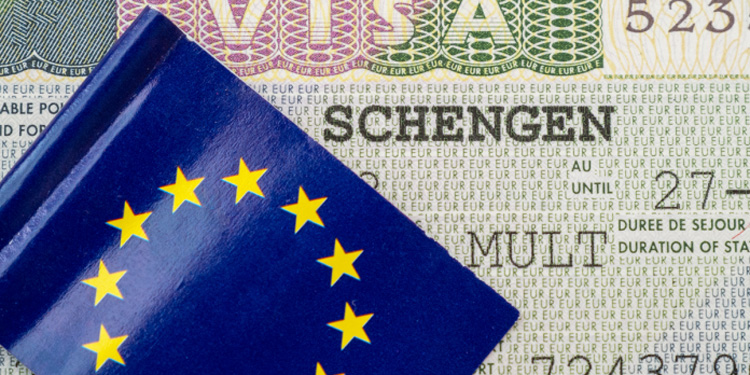Europe simplifies travel with new Schengen Visa rules for GCC and Indian citizens
Traveling to Europe is set to become significantly easier for millions of travelers from the Gulf Cooperation Council (GCC) countries and India, thanks to the European Commission’s recent overhaul of the Schengen visa regulations.
Announced by EU foreign policy chief Josep Borrell, these changes are designed to standardize and simplify the visa application process, promoting more frequent and prolonged visits to the continent.
What Are the New Schengen Visa Rules?
Under the new rules, citizens of GCC countries — Bahrain, Kuwait, Oman, Qatar, Saudi Arabia, and the United Arab Emirates — along with Indian nationals, will now be eligible for multiple-entry visas with increased validity periods. This visa policy shift aims to foster stronger cultural and economic ties between these nations and the European Union.
Multi-Entry Visas: A Gateway for Frequent Travelers
The revised visa framework introduces a “cascade” system, particularly benefiting Indian citizens. Initially, eligible travelers can receive a multi-entry visa valid for two years. To qualify, applicants must have obtained and lawfully used two visas in the past three years. Subsequent to this, and depending on their travel history and passport validity, they may qualify for a five-year visa, offering even greater flexibility and ease of travel.
Enhanced Accessibility for GCC Nationals
Similar provisions apply to nationals from the GCC, streamlining their access to Europe with longer-term visas. These visas will facilitate numerous entries into the Schengen area, allowing travelers to explore diverse cultures, business opportunities, and tourism attractions across 29 European countries.
Benefits of the New Visa Policy
This policy revision is not just about simplifying the travel process but also about reducing the bureaucratic burden on frequent travelers. It eliminates the repetitive and cumbersome task of reapplying for short-term visas and dealing with extensive paperwork, thus saving time and resources for both the visa applicants and processing offices.
Strengthening EU-India and EU-GCC Relations
The decision to ease visa restrictions comes in the wake of strengthened diplomatic and economic relations between the EU and both India and the GCC countries. This strategic move is part of a broader agenda to enhance mutual understanding and cooperation on various fronts, including commerce, culture, and politics.
The Schengen Area Explained
The Schengen area comprises 29 European countries, allowing for border-free travel between them. This area includes most EU countries and four non-EU countries, offering a seamless travel experience for visitors who can explore multiple destinations without the need for multiple visas.
Impact on Tourism and Business
By facilitating easier access to the Schengen area, the EU aims to boost tourism and foster business exchanges. The tourism industry, vital for many European economies, is expected to see a significant uplift from an increase in visitors from these regions, known for their strong spending power.
Looking Forward: A More Connected Europe
The EU’s revised Schengen visa rules represent a significant step towards creating a more interconnected and accessible Europe. By lowering travel barriers, the EU not only enhances its tourism sector but also builds stronger international relationships.
A New Era of European Travel
As these new rules take effect, they promise to transform the travel landscape for GCC and Indian nationals, making Europe a more accessible and appealing destination. With the potential for increased cultural exchanges and economic cooperation, the simplified visa process is a win-win for both travelers and host countries.
The European Commission’s commitment to simplifying travel will undoubtedly enrich the travel experience, allowing more people to explore the rich diversity of cultures, landscapes, and historical heritage that Europe offers. As the world becomes increasingly globalized, such initiatives are crucial in fostering global connectivity and understanding.

